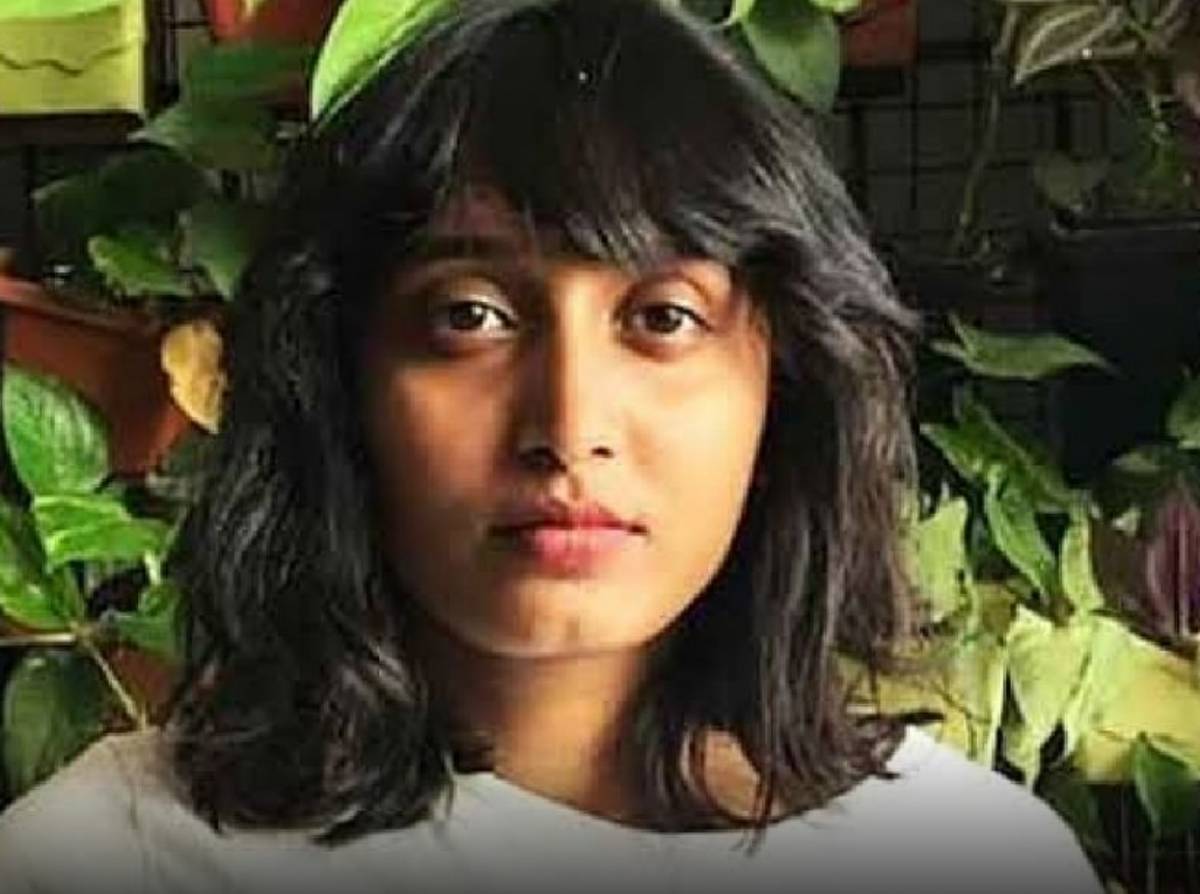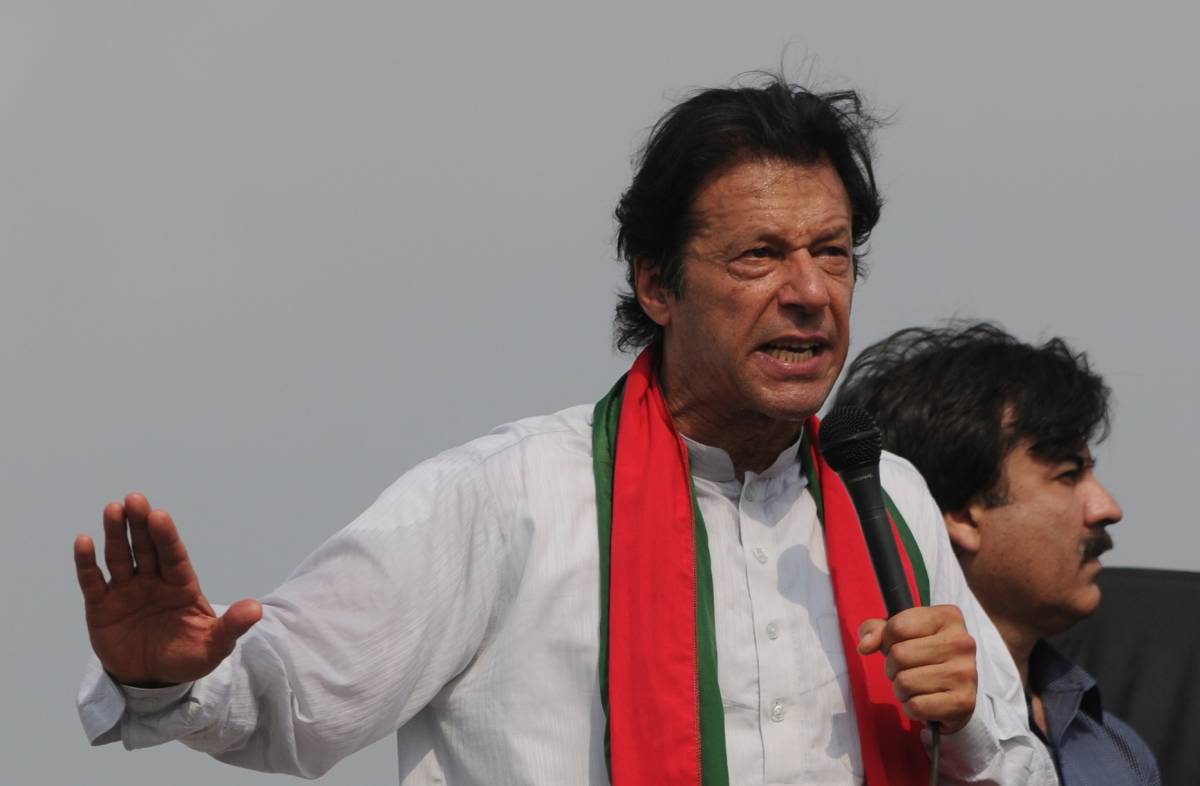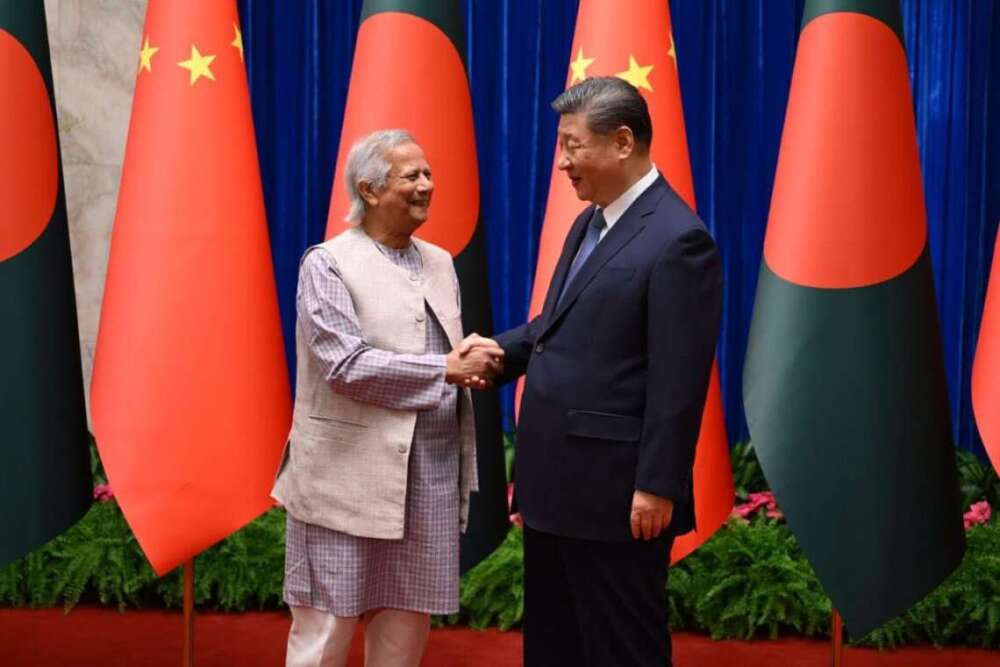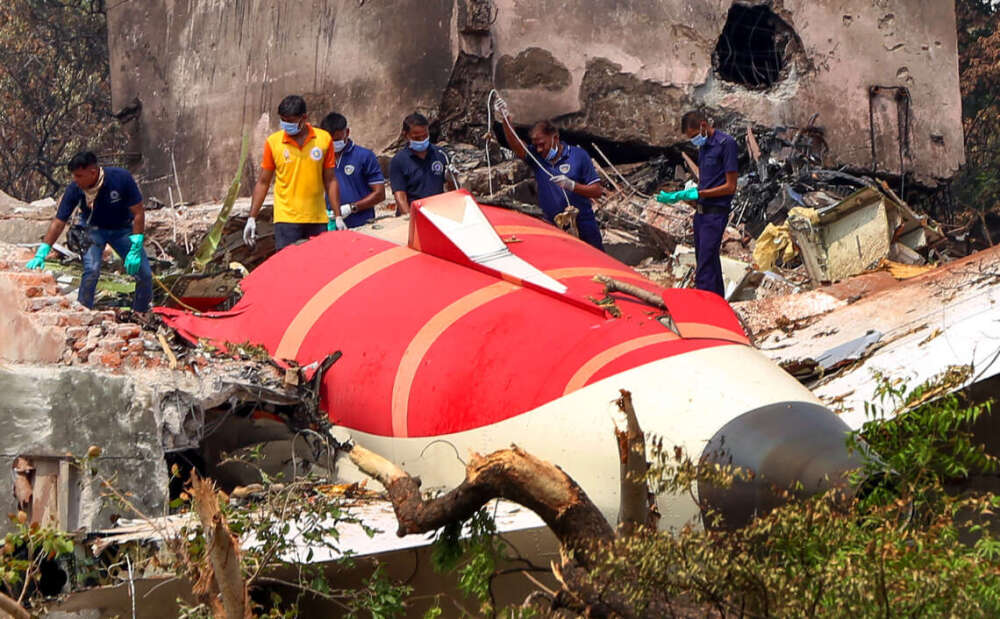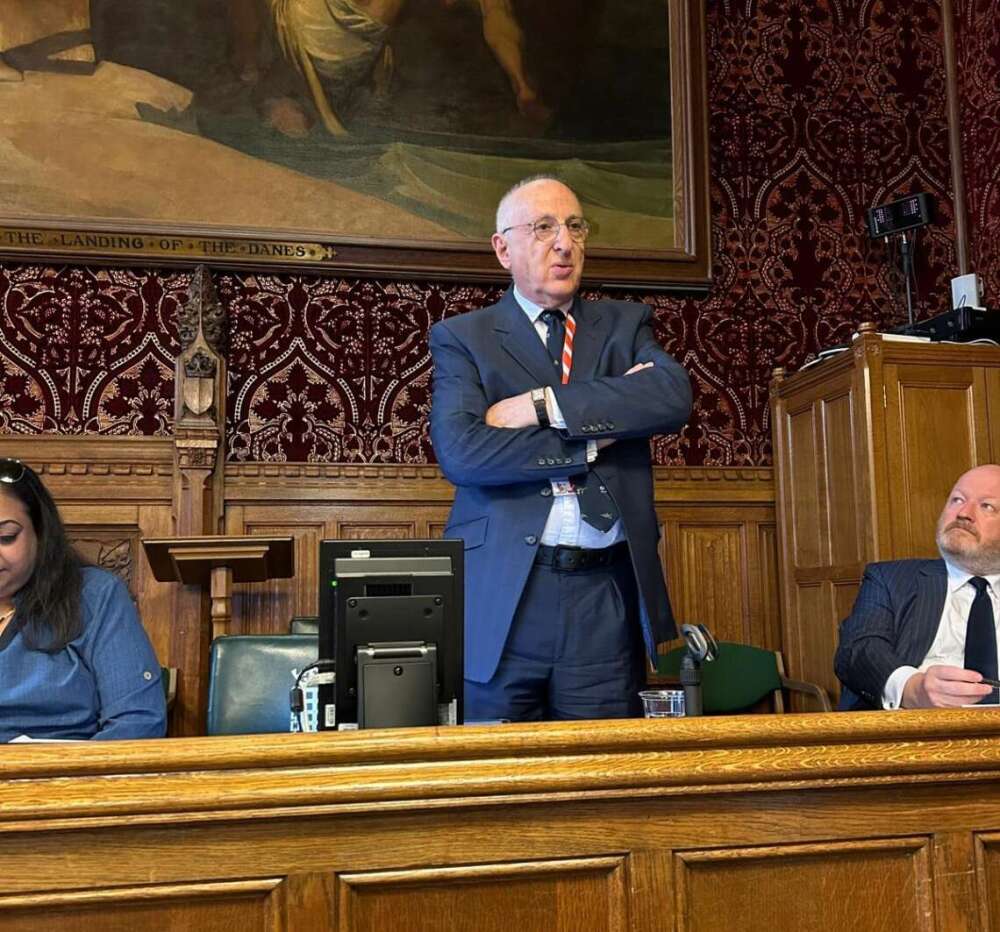Citizens conscience keepers, says court, slams police for ‘scanty’ proof, reports Asian Lite News
Observing that “citizens are conscience keepers of government in any democratic Nation” and “cannot be put behind the bars simply because they choose to disagree with the State policies”, and that the “offence of sedition cannot be invoked to minister to the wounded vanity of governments”, a Delhi court granted bail Tuesday to Bengaluru activist Disha Ravi.
Arrested February 13 by Delhi Police in connection with a Toolkit on the farmer protests that was tweeted by Swedish activist Greta Thunberg, Ravi was released from custody late Tuesday.
Additional Sessions Judge Dharmender Rana, noting that the Delhi Police “resistance to the bail plea seems to be more of ornamental in nature,” said: “Considering the scanty and sketchy evidence available on record, I do not find any palpable reasons to breach the general rule of ‘Bail’ against a 22-year-old young lady, with absolutely blemish-free criminal antecedents and having firm roots in the society, and send her to jail.”
He ordered that Ravi be released on bail after filing personal bond/surety bond of Rs 1 lakh with two sureties each. She was told to continue to cooperate with the probe, join the investigation as and when summoned by the investigation officer; not leave the country without the permission of the court; and “scrupulously appear at each and every stage of the proceedings” before the court concerned “so as not to cause any obstruction or delay to its progress”.
On the police charge against Ravi over the use of the Toolkit, ASJ Rana said: “The perusal of the said ‘Toolkit’ reveals that any call for any kind of violence is conspicuously absent.”
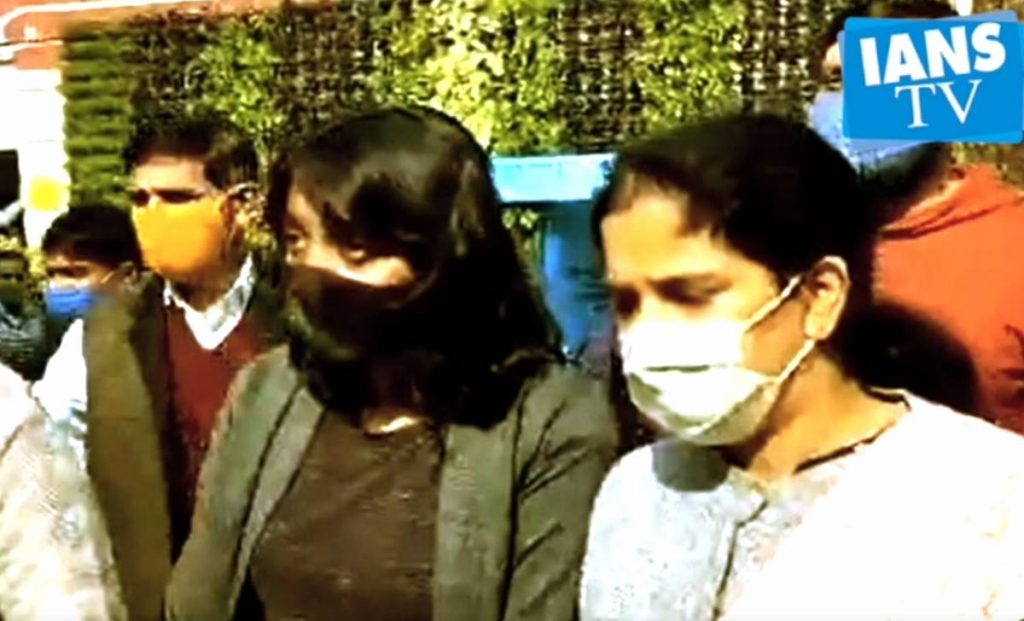
Stating that the “nub of the issue is whether applicant/accused Disha was merely involved in peaceful protest and dissent against the farm acts or she was actually involved in seditious activities under the guise of protesting against the said legislation,” he referred to the interpretation of the word ‘sedition’, as prescribed under IPC section 124A, and the Supreme Court rulings in this regard.
“Evidently, law proscribes only such activities as would be intended, or have a tendency, to create disorder or disturbance of public peace by resort to violence. ‘Violence’ seems to be the gravamen of the charge,” he said.
He said the Additional Solicitor General, who appeared for Delhi Police, “during the course of arguments, fairly conceded that there is no direct evidence establishing the link between the applicant/accused and the violence that took place on 26.01.2021 in Delhi. However, he argued that the conduct of the applicant/accused viewed against the attendant circumstances would unambiguously establish that there was a ‘larger conspiracy’ to perpetuate violence by secessionist forces and the protest against the farm laws was merely a facade to conceal the real sinister designs.”
Citing the Bombay High Court ruling in Arun G Gowli vs State of Maharashtra, ASJ Rana said it was “observed that conspiracy cannot be proved merely on the basis of inferences” and has to be backed by evidence.
He categorised the material collected against Ravi under different subheads. On ‘Engagement with secessionist forces’, he said the ASG had pointed out that a pro-Khalistani secessionist group, Poetic Justice Foundation, and people associated with it were directly linked to the creation of the Toolkit document, that Mo Dhaliwal and Anita Lal, known pro-Khalistan activists, were the persons behind PJF.
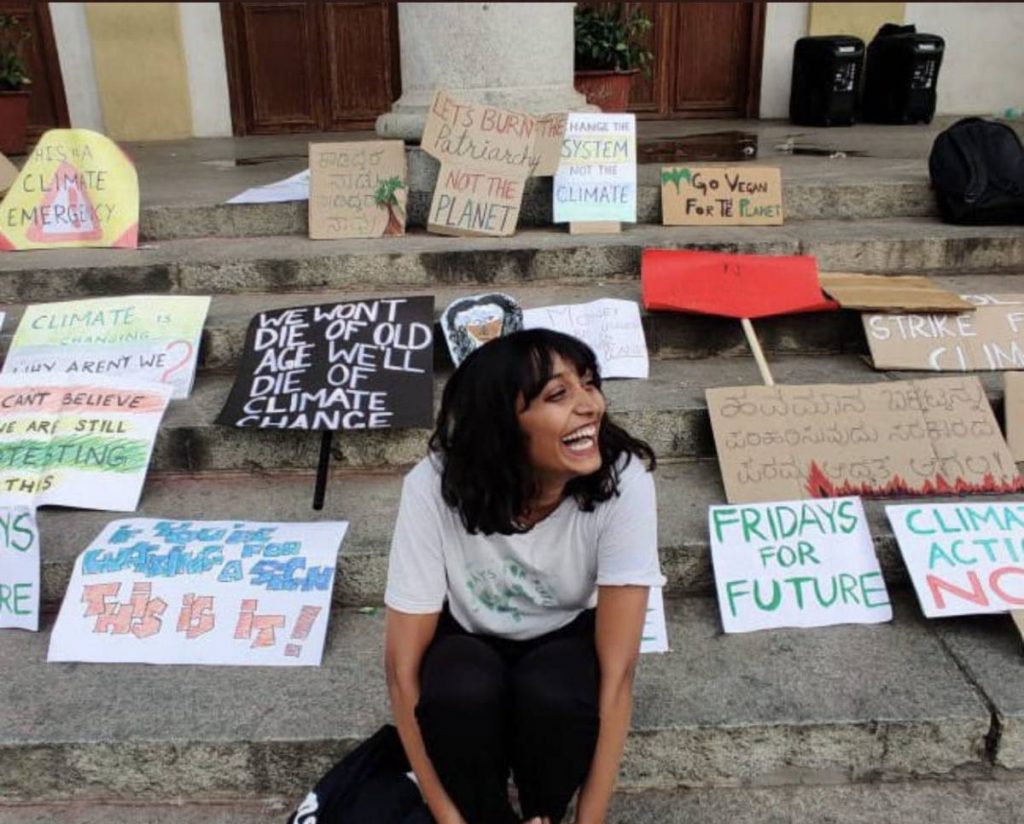
“There is nothing on record to establish any direct link between the applicant/accused and Mo Dhaliwal and Anita Lal… there is nothing on record to suggest that there was any call, incitement, instigation or exhortation on the part of the applicant/accused and the abovesaid organizations and its associates to foment violence on 26.01.2021,” he said.
“In my considered opinion, it is not mere engagement with persons of dubious credentials which is indictable rather it is the purpose of engagement which is relevant for the purpose of deciding culpability. Any person with dubious credentials may interact with a number of persons during the course of his social intercourse. As long as the engagement/interaction remains within the four corners of law, people interacting with such persons, ignorantly, innocently or for that matter even fully conscious of their dubious credentials, cannot be painted with the same hue,” he said.
On the use of Toolkit, the judge said: “The perusal of the said ‘Toolkit’ reveals that any call for any kind of violence is conspicuously absent. In my considered opinion, Citizens are conscience keepers of government in any democratic Nation. They cannot be put behind the bars simply because they choose to disagree with the State policies.
The offence of sedition cannot be invoked to minister to the wounded vanity of the governments. (Niharendu Dutt Mazumdar v. Emperor AIR 1942 FC22). Difference of opinion, disagreement, divergence, dissent, or for that matter, even disapprobation, are recognised legitimate tools to infuse objectivity in state policies. An aware and assertive citizenry, in contradistinction with an indifferent or docile citizenry, is indisputably a sign of a healthy and vibrant democracy.”
Also Read-Int’l celebs extend support to farmers
Read More-UK minister for COP26 in India to cement climate action ties


